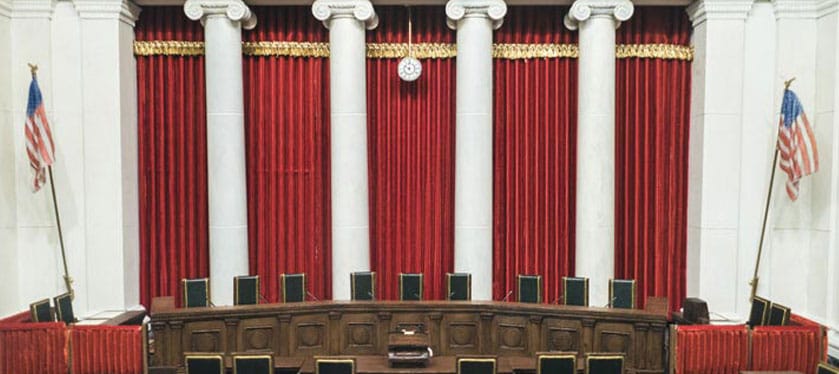Update: Endrew F. v. Douglas County School District (United States Supreme Court case)

The United States Supreme Court held oral argument on this important special education case on January 11, 2017. The case involves a child, Drew, who has been diagnosed with autism spectrum disorder (ASD) and with attention deficit/hyperactivity disorder (ADHD). Drew’s disabilities affect his cognitive functioning, language skills, social abilities and communication skills. The issue in the case is what level of educational benefit must a child receive under his or her individualized education program (IEP) to satisfy the requirements of the Individuals with Disabilities Education Act (IDEA). The Tenth Circuit Court of Appeals held that the school district only had to provide Drew with an education and services that gave him a “merely more than de minimis” benefit.FAPE
The IDEA requires schools that receive federal funding to provide a “free appropriate public education” (FAPE) to all children with disabilities. In the case of Board of Education v. Rowley, the Supreme Court interpreted the FAPE requirement to mean that schools must provide “some educational benefit” to students with disabilities who are meeting grade level expectations. Since the Rowley decision, some federal courts have held that schools only need to provide “some educational benefit” to meet the FAPE standard, while other courts have held that a child must receive “meaningful educational benefit” to receive a FAPE.
The attorney for Drew and his family argued that the IDEA requires the school to provide an education that is reasonably calculated to provide substantially equal educational opportunities to a student with a disability. The U.S. Solicitor General’s office advocated a slightly different standard, stating that the educational program must be reasonably calculated to provide significant educational progress in light of the child’s circumstances. The school district argued that the standard applied by the 10th Circuit (“merely more than de minimis benefit”) is the appropriate one and that any change to that ”standard” should be left to Congress, not the Court.
A decision on this important special education case is expected in June, 2017. Education lawyers Scott Wolpert and Christine Gordon of Timoney Knox will continue to monitor this important case and comment on any significant development.





